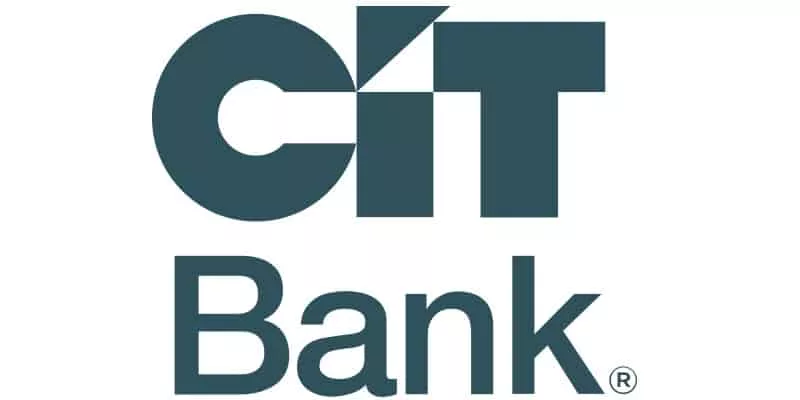If you're looking to build or improve your credit score, using a credit card responsibly can be a great way to do so. However, if you have a limited or poor credit history, you may be wondering whether to apply for a secured or unsecured credit card.
Here's what you need to know about the differences between the two and which one may be right for you.
Secured vs Unsecured Credit Cards
What is a secured credit card?
A secured credit card requires a cash deposit as collateral, which typically becomes the credit limit for the card. This means that if you deposit $500, your credit limit will also be $500.
The deposit serves as security for the lender in case you are unable to make payments. Secured credit cards are often easier to obtain for those with limited or poor credit history, as the deposit reduces the risk for the lender.
What is an unsecured credit card?
An unsecured credit card is a type of credit card that does not require a cash deposit as collateral. Instead, the credit limit is determined by the lender based on factors such as credit history, income, and debt-to-income ratio.
Unsecured credit cards are typically harder to obtain for those with limited or poor credit history, as the lender takes on more risk without the security of a deposit.
However, if used responsibly, an unsecured credit card can help build credit and offer more flexibility than a secured card.
How do secured and unsecured credit cards affect your credit score?
Both secured and unsecured credit cards can affect your credit score, but in different ways.
A secured credit card can help build credit by establishing a positive payment history and showing responsible credit use. However, because the credit limit is typically lower and there is a cash deposit required, it may not have as much impact on your credit score as an unsecured card with a higher credit limit.
On the other hand, an unsecured credit card can have a greater impact on your credit score if used responsibly, as it typically has a higher credit limit and can show a longer credit history. However, if used irresponsibly, an unsecured credit card can also have a negative impact on your credit score.
Which type of credit card is best for building credit?
Both secured and unsecured credit cards can help build credit, but the best option for you depends on your individual financial situation.
If you have a limited credit history or poor credit, a secured credit card may be the best option to establish a positive payment history and show responsible credit use.
However, if you have a good credit score and can manage a higher credit limit, an unsecured credit card may be a better option to show a longer credit history and potentially have a greater impact on your credit score.
Ultimately, it’s important to choose a credit card that fits your financial goals and allows you to use credit responsibly.
Tips for using your credit card responsibly to improve your credit score
Using your credit card responsibly is key to building a good credit score. This means:
- Pay your bills on time
- Keep your credit utilization low
- Avoid carrying a balance from month to month
- Monitor your credit report regularly to ensure there are no errors or fraudulent activity
By using your credit card responsibly, you can improve your credit score over time and qualify for better credit options in the future.














